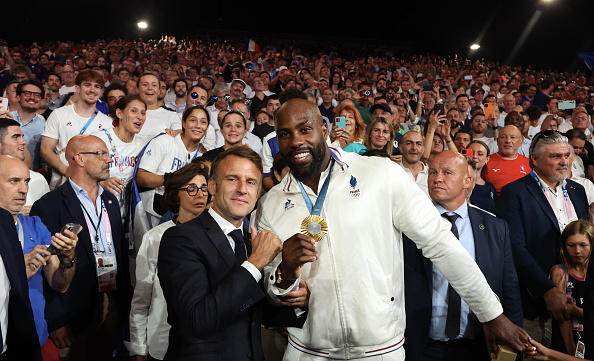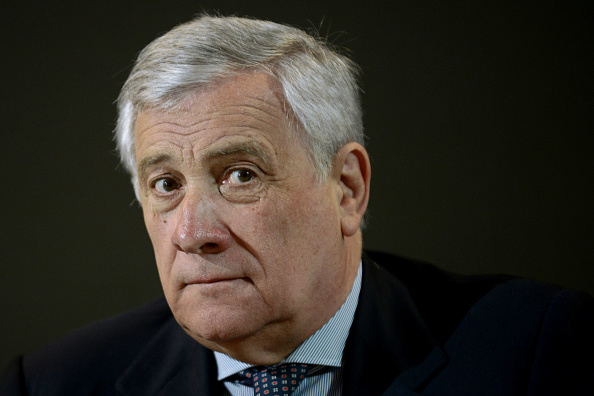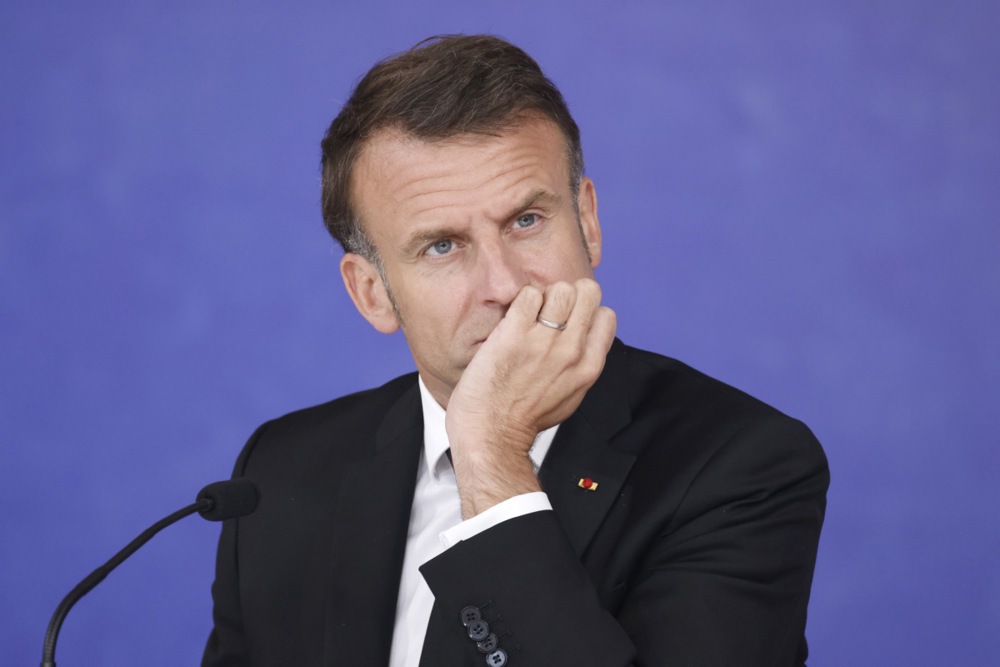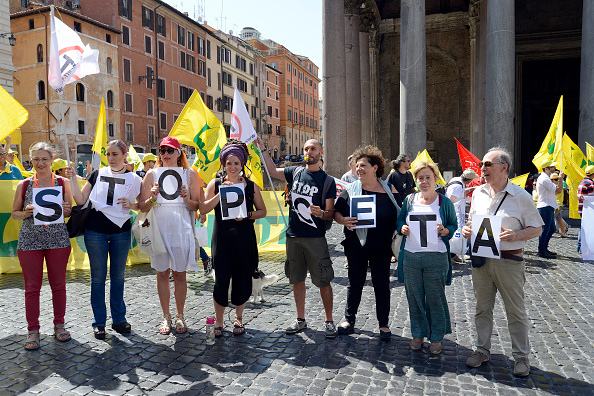Algeria has slammed France for sending its culture minister to the contested Western Sahara, calling the move a “blatant disregard for international legality”.
Culture minister Rachida Dati’s February 17 visit to the disputed territory, controlled by Morocco but claimed by Algeria, was the first ever by a French governmental official.
Sending a French minister on an official visit “reflects the detestable image of a former colonial power in solidarity with a new one”, said Algeria’s foreign ministry in a February 18 statement.
Western Sahara was “a territory where the decolonisation process remains incomplete and the right to self-determination unfulfilled”, claimed Algeria.
Dati visited Laayoune, the largest city in the desert territory that is home to 40 per cent of its population, to launch a new French cultural mission of the country’s Alliance Française alongside Moroccan culture minister Mohamed Mehdi Bensaid.
“This is the first time that a French minister has come to the southern provinces,” Dati told reporters, using Morocco’s name for the region.
“This is a strong symbolic and political moment,” she said, adding that the cultural centre would “benefit children in the region, but also teachers, schools, students and teacher trainers”.
In a February 19 post on X, Dati said France and Morocco were moving towards an “ambitious and innovative heritage co-operation”, which would include working together on archaeological sites in Morocco and training 15 Moroccan architects in France’s École de Chaillot.
She also visited Western Sahara’s second city of Dakhla, 530km south of Laayoune, where she signed a co-operation agreement about film and audio-visual art.
Macron’s choice of Dati as the first government minister to visit Western Sahara was perhaps not a surprise.
A number of Moroccans online have noted Dati’s own French-Moroccan heritage and approvingly shared video clips of the minister dancing at a Moroccan wedding in January.
“You know my relationship with Morocco,” Dati told reporters on arriving in the desert region.
Dati’s critics at home in France, such as Jacques Beauregard, have said on X it was ironic that a minister who “mistreated Muslims in France should be received in Morocco with honours”.
Morocco controls 70 per cent of the Western Sahara’s 272,000 sq km territory, while the Polisario Front and its Sahrawi Arab Democratic Republic hold 30 per cent.
The UN has kept a peacekeeping mission in Western Sahara since 1991 and has called for a referendum on the territory’s future.
Morocco, though has repeatedly refused to consider a ballot where independence would be an option.
After decades of ambiguity, France finally sided with Morocco in July 2024. French President Emmanuel Macron called Morocco’s proposal, where Western Sahara would be an autonomous territory within Morocco, the “only basis” for settling the long-running territorial dispute.
Morocco returned the favour to Macron in December 2024 when it mediated a deal with Burkina Faso’s junta government to release four French nationals who had been detained for a year.
France’s defence minister Sebastien Lecornu said they were members of France’s armed forces. Burkina Faso said the four were spies.
The US, for its part, recognised Morocco’s claims over the disputed Western Sahara region in 2020 after Morocco normalised its relations with Israel.
The dispute between the two North African neighbours escalated that November, when the Algerian-backed Polisario Front ended a 29-year ceasefire with Morocco. Algeria cut diplomatic ties with Morocco in 2021.
The Polisario Front, though, won a legal victory in October 2024 in the European Court of Justice, which blocked efforts by the European Commission to include Western Sahara in the European Union’s trade and fishery partnership agreement with Morocco.





